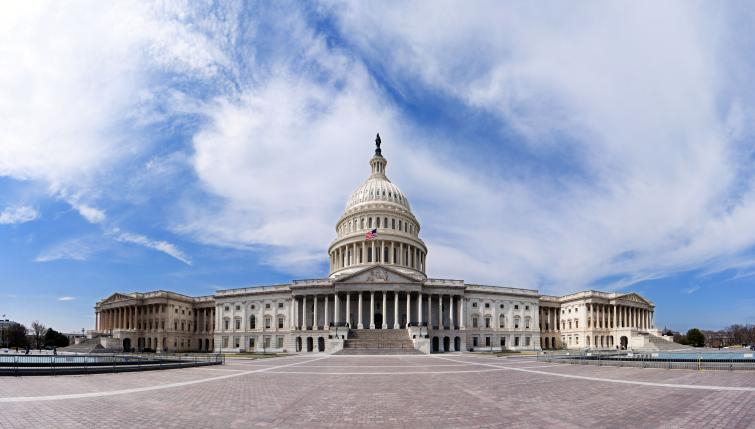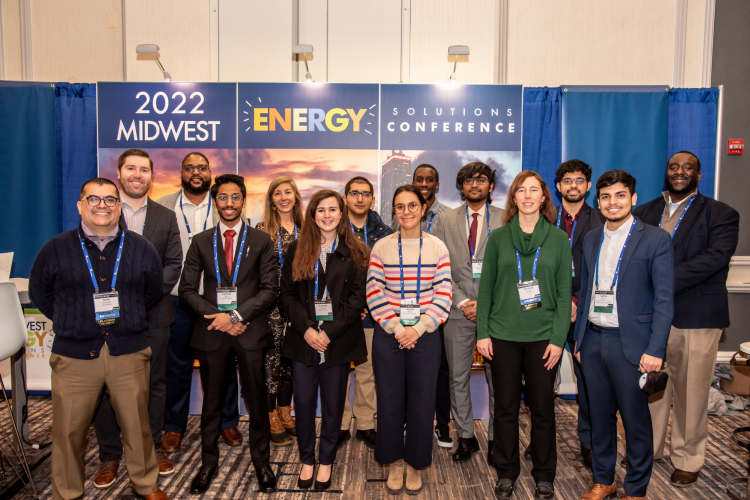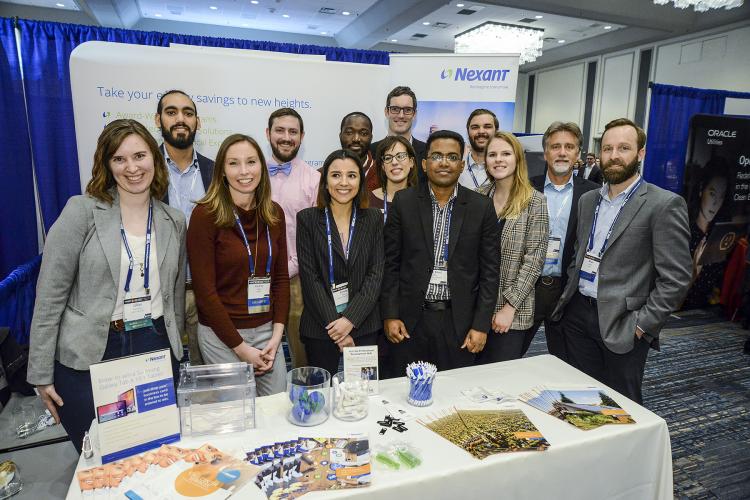Equity at the Forefront: Justice40 Initiative Updates
As the world continues to grapple with the urgent need to address climate change and build a more sustainable future, it is crucial to prioritize equity and inclusivity. Recognizing this, the Justice40 Initiative, by the Biden-Harris Administration, aims to allocate 40% of federal climate and clean infrastructure investments to disadvantaged communities (DACs). This commitment goes beyond financial benefits to include implementation assistance like community benefits plans (CBPs) and mapping tools.



